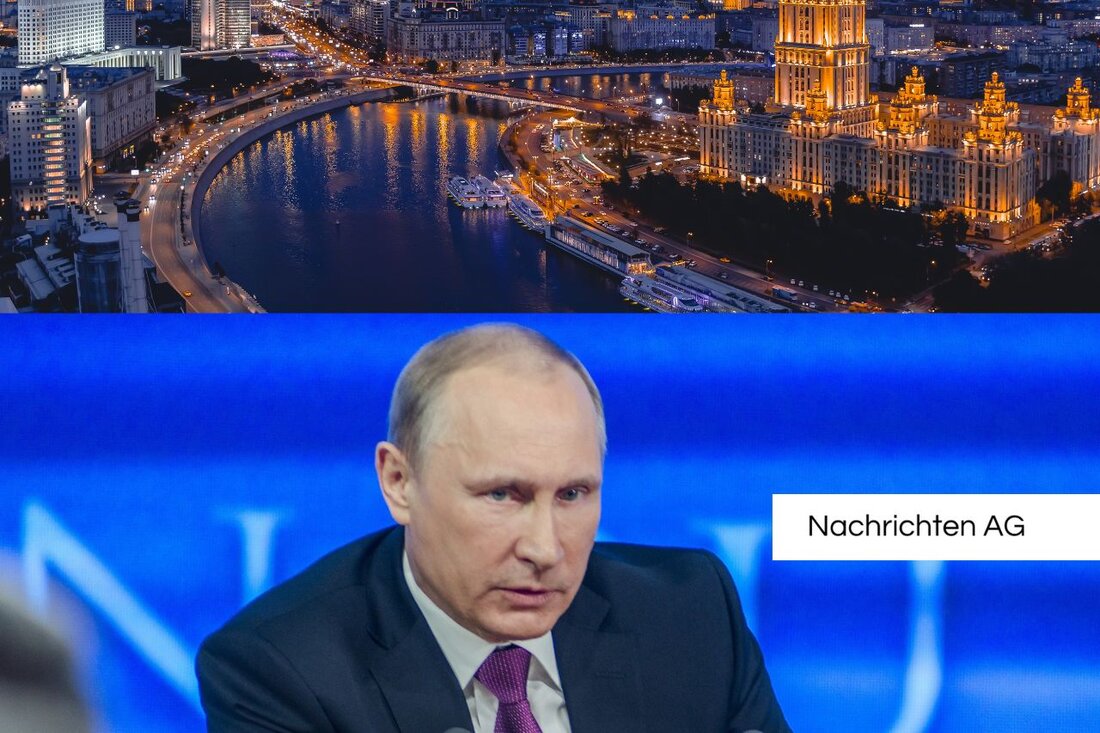Minnich shocked: FPÖ stays in the shadow of Putin!
ÖVP MP Minnich criticizes FPÖ posture on Ukraine and demands clear positioning in times of military neutrality.

Minnich shocked: FPÖ stays in the shadow of Putin!
The political discourse around Austrian neutrality and the role of the country in the Ukraine conflict is heated. On June 16, 2025, the ÖVP National Councilor Andreas Minnich criticizes the FPÖ and compares their attitude to Ukraine with that of "Radio Moscow". Minnich accuses the FPÖ to support the aggression of Russia and calls for a clearer positioning to the events in Ukraine, which are shaped by "death, destruction and suffering". In this context, he refers to the resolution and the application for a resolution of 1956, which were supported by all parties, including the FPÖ. The MP emphasizes that Austria is militarily neutral, but does not apply to opinions and values that must be represented as part of the political discourse. He also criticizes the degradation of peace efforts, in particular the initiative to offer Vienna as a place for peace talks. The visit of the Ukrainian President Selenskyj to Federal President Van der Bellen is classified as harmless in relation to neutrality.
The FPÖ, on the other hand, sees itself as a pioneer for peace in Ukraine. Herbert Kickl, the FPÖ's federal party chairman, asks Austria to actively use his role as a neutral country in order to promote negotiations to terminate the conflict. He criticizes the European Union for its Ukraine policy, which had miscredit the reputation as a "peace project". Kickl emphasizes that the diplomatic efforts of ÖVP Chancellor Karl Nehammer have damaged Austria's reputation as a neutral country. He hopes that current media reports about a possible ceasefire from Vladimir Putin signal the beginning of a peace process.
The role of Austrian neutrality
Austria's neutrality is shaped by various dimensions. According to Martin Senn, there are three central aspects of neutrality policy: interpretation, the attractiveness and deterrent. These dimensions are crucial to shape neutrality and mediate conflicts. Austrian neutrality is currently in a phase of stagnation. The social consensus on the neutral position has increasingly consolidated since the mid-2000s, but neutrality is hardly discussed politically, especially at the ÖVP.
There are basic documents that define the Austrian security and defense policy. The security strategy of 2013 and the sub -strategy of the 2014 defense policy underline the connection between the security of neutral Austria and the European Union. This interaction will continue to be important, especially at a time when geopolitical tensions increase and Austria has to balance between traditional neutral positions and the realities of the global security situation.
The discussion about the role of the FPÖ in this context shows the deep cracks within the political communication of Austria. While the FPÖ positions itself as a peace apostle, Minnich calls for a critical examination of their positions and a clear review of the historical principles of Austrian neutrality. It remains to be seen whether the FPÖ fulfills this request.
In a rapidly changing world, the debate about the neutrality of Austria and the role in the Ukraine conflict is more important than ever. While Minnich demands a clear attitude and classification of the values, Kickl sees the chance for Austria to grow out of the conflict as a neutral intermediary.
For more information on the political dimensions of Austrian neutrality and its development over the years, visit parlament.gv.at or Ots.at.
In addition, the FPÖ website shows how the party understands its view of the role of neutrality and the current conflict: [fpö.at] (https://www.fpoe.at/medien/pressemeldungen/artikel/ukraine-jetz-jetz-koenne-die-stunde-des-o-Eesterreich-

 Suche
Suche
